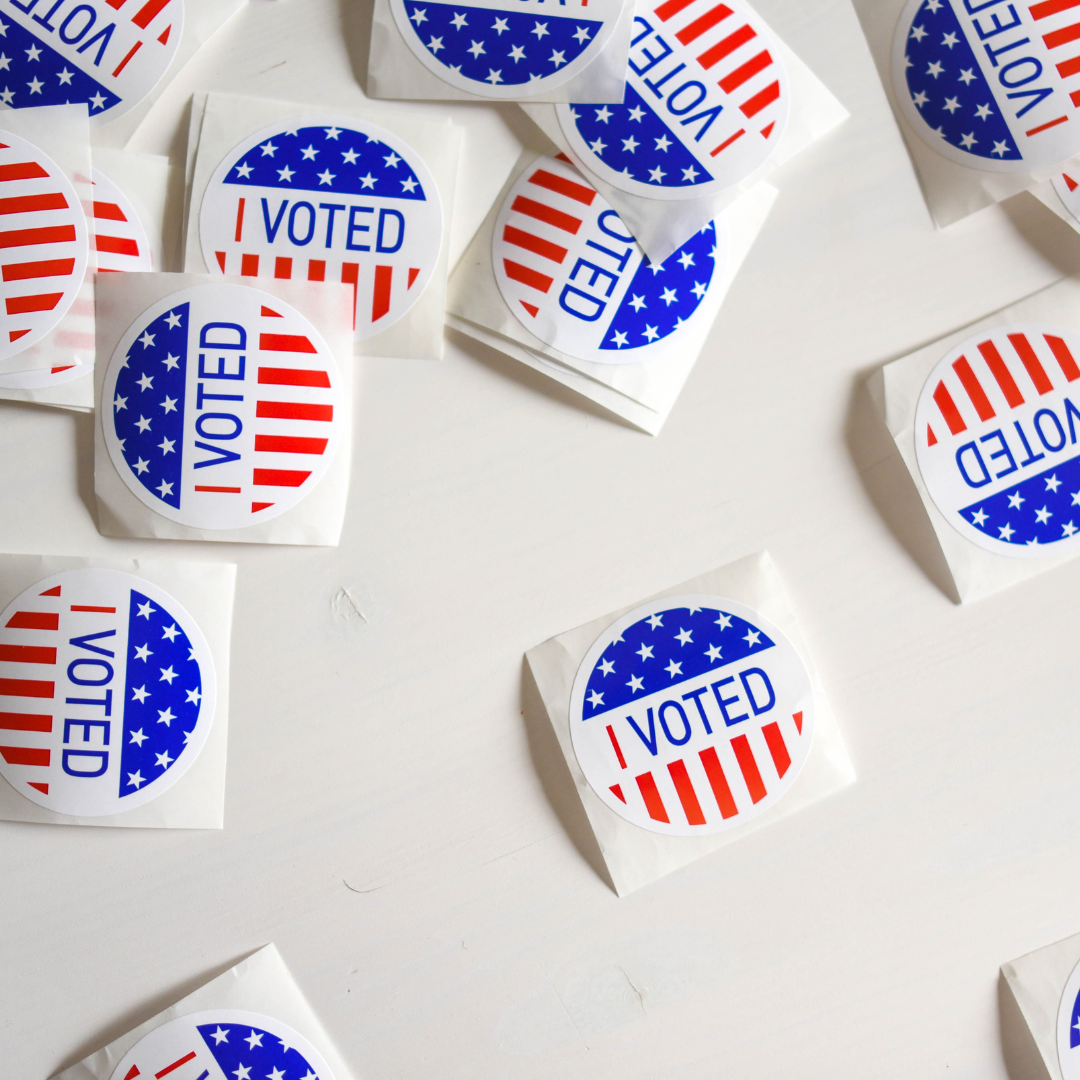
By Declan O’Donoghue ’26
Deliberation is a unique concept. Although it exists in many facets of our lives and we often partake in it without even realizing it, deliberation can be rare in our consumption of popular media. The rise of music television and social media has introduced many new forms of entertainment to the public, yet much of this media is either fictional or not typically categorized under deliberation. In my view, mass media may be responsible for some stagnation in public deliberation. Fortunately, there is still hope for intentional conversations on often contentious issues, especially on media platforms like YouTube. Unlike many others, this site still allows for profitable long-form content. Media companies have taken advantage of this opportunity to create more critical content than what is typically posted on apps like Facebook or Instagram.
Jubilee Media is one company that, in recent years, has made a significant impact on both YouTube and the world of deliberation with its series addressing contentious social issues and showcasing diverse groups of people. Officially, Jubilee’s mission statement is to ‘bridge people together and inspire love through compelling stories, create shareable, human-centric videos that create connection, challenge assumptions, and touch the soul, and ultimately to inspire people to live deeper.’ While this sounds quite serious, they also produce playful videos like ’20 vs 1′ speed dating, which garners millions of views. However, some content has shifted toward more serious topics. A series titled ‘Spectrum’ brings together groups of people with shared identities—from teenage mothers to Muslims—and asks them a series of questions, which they rate on a spectrum from ‘strongly disagree’ to ‘strongly agree.’ These types of questions are similar to those a trained facilitator might ask in a deliberation. Here, because the group participants all have lived experiences, Jubilee can simplify their format. After taking their mark on the spectrum, participants have the opportunity to defend their position without crosstalk, before the conversation opens up to the group, just like in a DCI deliberation. Yet, with a mid-length runtime of around 20 minutes, Jubilee’s ‘Spectrum’ series fails to delve too deeply into any one topic.
Although Jubilee features a variety of video formats with elements of deliberation, their ‘Middle Ground’ series most closely aligns with the DCI style of deliberation that I have been trained to facilitate. The format is essentially as follows: A group of 6-8 people, who presumably hold contrasting worldviews or identities, come together. Popular matchups include scientists versus flat earthers, police versus criminals, or even unique twists like former liberals versus former conservatives. The participants are generally presented with a series of serious prompts, such as ‘Criminals who commit violent felonies don’t deserve certain legal rights. Step forward if you agree.’ All participants from either side who agree with the statement step forward into the spotlight, sit down, and then deliberate on the concept. After some time, those who disagree step forward and join the discussion.
Jubilee has created an impressive platform that brings new perspectives and fosters deliberation across the internet, the format of their ‘Middle Ground‘ videos still has room for improvement. One major criticism relates to their selection of participants: they sometimes fail to include any voices that truly represent the middle ground, missing an opportunity for more comprehensive deliberation. This is occasionally justifiable, especially in scenarios where few individuals represent a moderate viewpoint between extremes, such as between flat-earthers and mainstream scientists. However, in episodes like ‘liberal teachers vs. conservative parents,’ including both fringe and more center-aligned voices could enrich the discussion, allowing for a broader spectrum of opinions and a fuller exploration of the issues at hand.
Most importantly, Jubilee’s ‘Middle Ground’ series lacks a serious facilitator, which significantly hinders the videos from becoming exemplary models of deliberation. Currently, the producer, acting as a voice behind the scenes, reads out the prompts and occasionally steps in to manage the group. This absence of dedicated facilitation often leads to tense interactions among participants and permits some to make harmful, sweeping generalizations. Moreover, time is rarely distributed equitably among participants. Without effective facilitation, some individuals dominate the conversation, turning their participation into a spectacle that is then perpetuated online. While this approach might attract views, it risks alienating viewers and driving wedges between different audience segments, ultimately detracting from the potential for meaningful dialogue and understanding.
These discussions can be fruitful and build genuine connections between participants. Additionally, Jubilee has changed their format, likely sacrificing profit to make these videos more effective as deliberations. Videos initially fell within the YouTube AdSense sweet spot of 8-12 minutes, featuring catchy clips and more clickbait interactions. They have since transitioned to longer-format videos, which are more costly and less favored by the YouTube algorithm. Now, videos can reach up to 90 minutes after editing, similar to the length of most DCI deliberations. These longer videos allow participants to dive much deeper into deliberation than before, and viewers have continued to watch. Some longer videos have even surpassed 25 million views.
All in all, Jubilee’s ‘Middle Ground’ video format has pioneered deliberation in a socially valuable and highly educational manner. The success of their content paves the way for other creators to do the same while still profiting. Regardless, they could certainly benefit from acquiring a trained facilitator for their deliberations.
Image above from Podtail.

